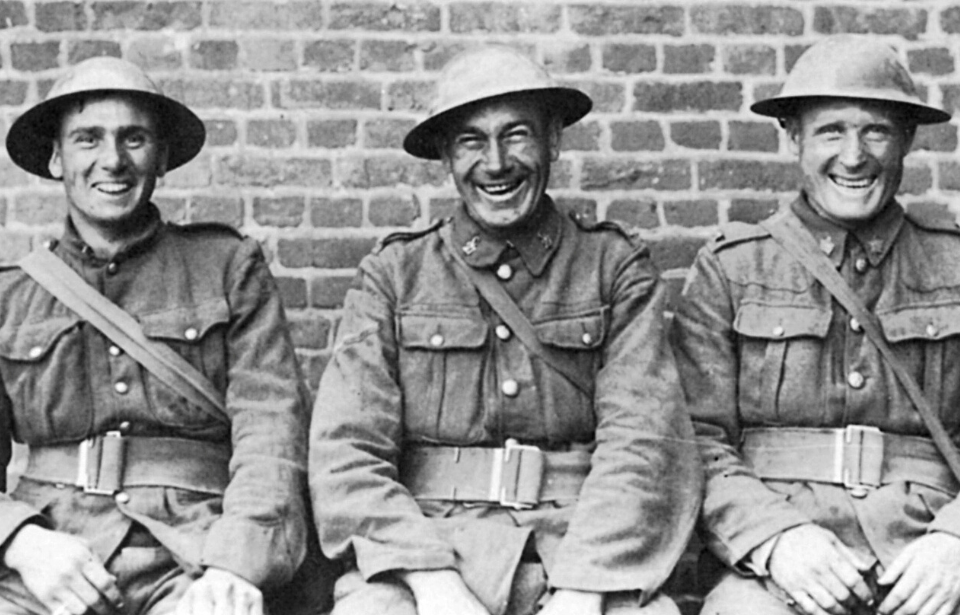The term “Tommies” is most closely associated with British soldiers who served during the First World War. However, where and how did the nickname originate? It’s a topic of debate among historians, who also question whether a serviceman named Tommy Atkins ever really existed.
Paying respects to British war veterans
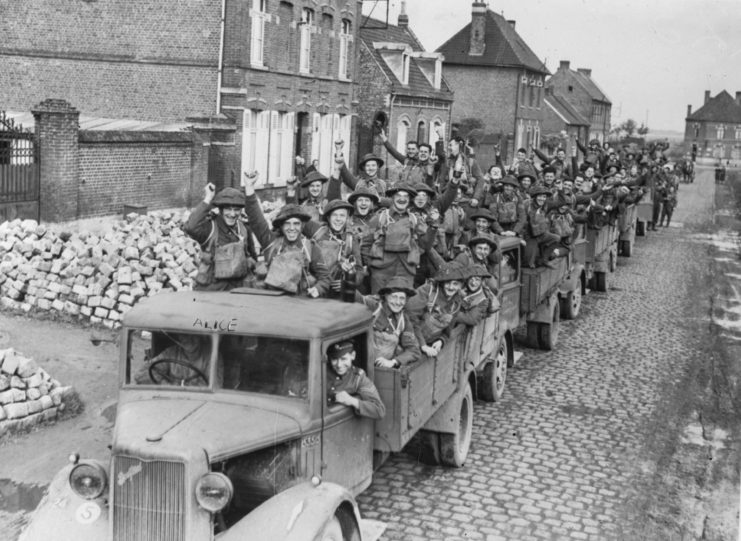
“Tommy” is slang for a soldier who served in the British Army. While the term’s origins are disputed, it was often associated with 19th-century soldiers and those who served in World War I. It’s during the latter period that the name saw its most frequent use. Over time, however, it’s fallen out of the common vernacular, and is now used as a way to show admiration and respect for those who fought in the Great War.
Legend states that, in the trenches, enemy troops would call out for Tommy across No Man’s Land, looking to speak with a British soldier.
The nickname also cycled through pop culture in a poem by Rudyard Kipling, as part of his book, Barrack-Room Ballads. In the poem, aptly titled Tommy, Kipling brought to the public’s attention the treatment of veterans in and out of wartime, and showed them how starkly different that treatment could be.
Tommy Atkins
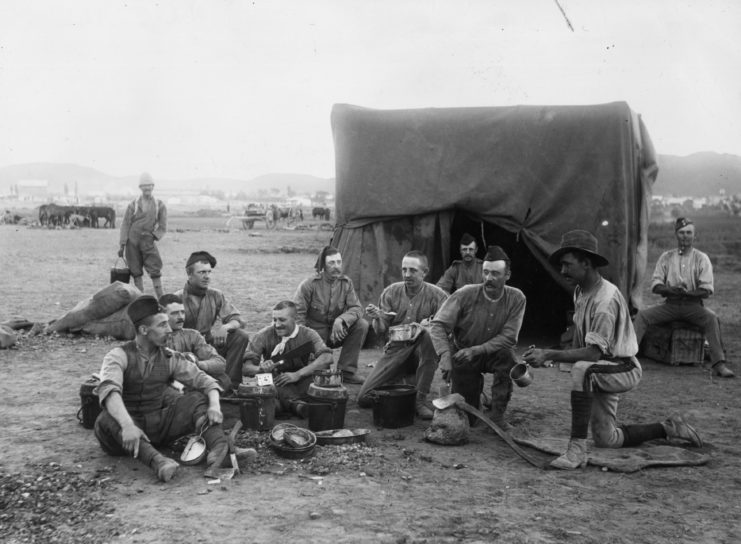
The debate as to why and when British soldiers began being called “Tommy” has been ongoing. The Imperial War Museums found what seems to be the oldest written record of the name Tommy Atkins, in a letter dating back to 1743.
At the time, Jamaica was under British rule, and the red coats worn by the British had already earned them another nickname, “Thomas Lobsters.” The letter calling the soldiers “Tommy Atkins” was sent to the British War Office, to report a mutiny among mercenaries.
It read, “Except for those from N. America (mostly Irish papists) ye Marines and Tommy Atkins behaved splendidly.”
Did Thomas Atkins fight during the Flanders Campaign?
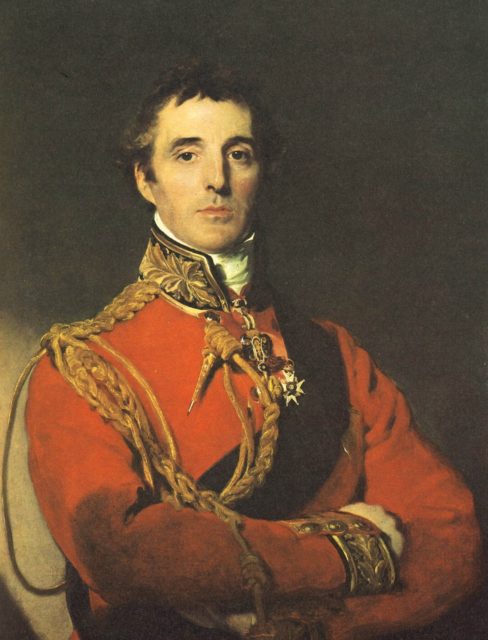
One of the more popular theories behind how Tommies got their nickname comes from Arthur Wellesley, 1st Duke of Wellington. Wellesley wouldn’t coin the nickname for British soldiers until later in life, but one serviceman, in particular, stuck with him long enough to inspire the term when the time came.
In 1794, Wellesley commanded the 33rd Regiment of Foot in the bloody hand-to-hand combat of the Battle of Boxtel. Following the fierce engagement, he walked through the battlefield and noticed the best man at arms, Pvt. Thomas Atkins, laying horribly wounded. When he approached, the soldier looked up at Wellesley and said, “It’s all right, sir, all in a day’s work.”
He died shortly after.
This apparently resonated with Wellesley. He mentioned the soldier’s name in 1843, when he supposedly suggested it become the moniker for a brave British serviceman.
Tommies littered the pages of infantry paperwork
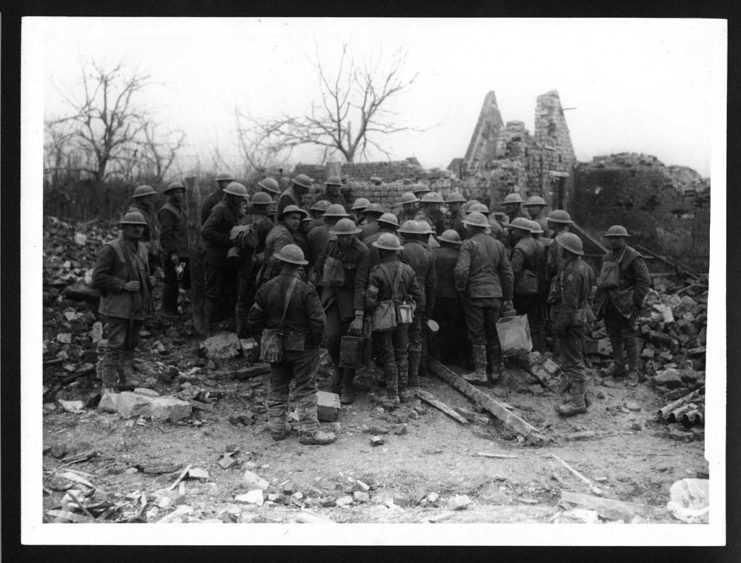
A theory that seems to disprove the one credited to Wellesley dates back to 1815. At that time, the British War Office was in search of a name that could function as both a generic term and placeholder on sample infantry paperwork. After some deliberation, “Tommy Atkins” was chosen.
When a recruit was unable to sign his name to his enlistment papers, he’d mark the page and have “Tommy Atkins” take the place of his own. To show how to properly fill out the form, the name was printed in every sample service detail of the Soldiers Account Book.
This theory has become the most widely-accepted among scholars as to how British soldiers came to be called Tommies.
Another ‘Tommy Atkins’ was famed for his bravery
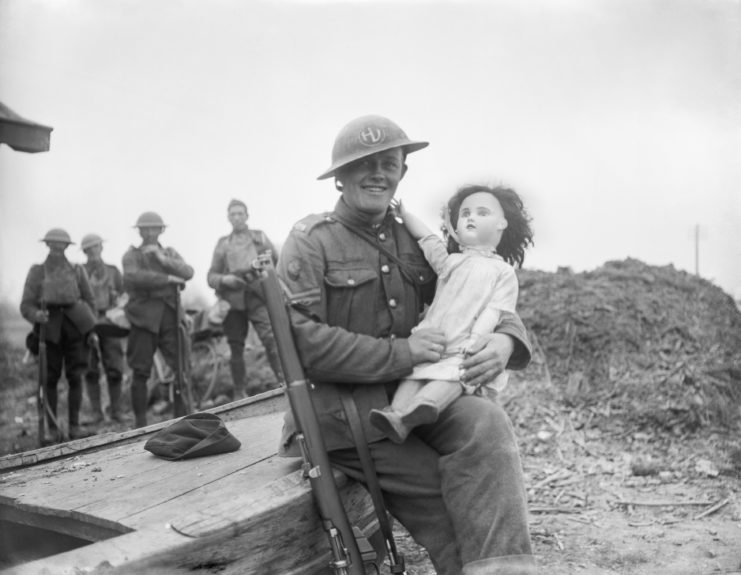
Whether or not their real names were Tommy Atkins, there were quite a few throughout history who earned notoriety for their bravery. One such case was a soldier involved in the Indian Rebellion of 1857.
The alleged Tommy Atkins was serving with the 32nd Regiment of Foot when the mutiny broke out. Committed to serving his country, he remained at his post, despite pleas from his comrades to accompany them in their retreat to the British Residency. He subsequently became overwhelmed by the attacking force and was killed.
This account wasn’t recorded until 1900, when British Army chaplain Rev. E.J. Hardy wrote about the rebellion. He explained that, “His name happened to be Tommy Atkins and so, throughout the Mutiny Campaign, when a daring deed was done, the doer was said to be ‘a regular Tommy Atkins.”
The time of Tommies has come to an end
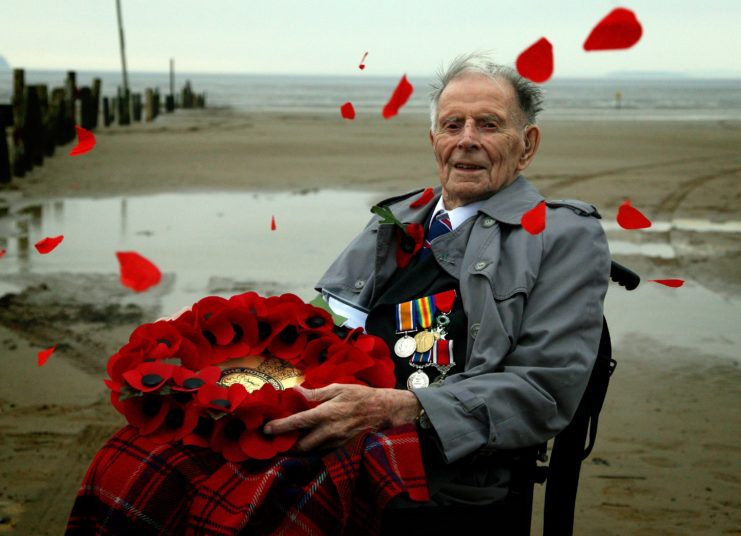
As popular as Tommies were, the nickname has largely fallen out of use. Harry Patch became known as the “Last Tommy,” as he was the final surviving British trench combat soldier to have fought in WWI. He lived to the age of 111, and died in 2009. Now, only the private soldiers of British Army’s Parachute Regiment have a nickname that resembles the moniker: “Toms.”
The term has since found its way into other parts of the British Army. The Tommy Cooker was a portable, alcohol-fueled stove issued to British troops throughout the Great War. It was praised for its fuel source, which produced no visible smoke. However, it had a reputation for being unable to effectively heat food or water.
The term “Tommy Cooker” was even passed along, becoming a derogatory word used by German tankers for the American-built M4 Sherman, which was also operated by the British. The tank was problematic in that it often exploded into flames the moment it was hit by shells. Poor stowage was at fault, with ammunition being thrown on the floor for quick access.
More from us: Battle of Tannenberg: Annihilation of the Russian Second Army
Even the British troops adopted the mockery, nicknaming the M4 Shermans “Ronsons,” after the cigarette lighter company of the same name, whose slogan was “light first time – every time!”
